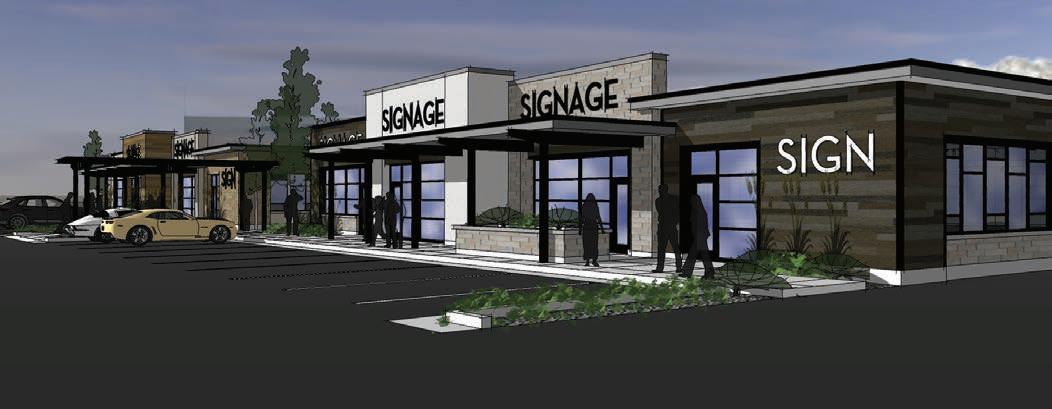PRACTICE INTERPRETERS FOR HEARING IMPAIRED PATIENTS The Americans with Disabilities Act (ADA) classifies dental offices as places of public accommodation. Accordingly, offices must make “reasonable modifications” to their practices, polices and procedures in order to accommodate disabled patients. This act covers all types of disabilities, but in this article I want to discuss one of the most common patients that will enter a dental office that are covered by the act. The most common situation encountered by dental offices occurs with hearing, vison, or speech impaired patients. The ADA requires dental offices to supply “appropriate auxiliary aids and services where necessary to ensure effective communication” with disabled patients. “Effective communication” methods are not described in the ADA, and depending on the circumstances surrounding each individual patient, effective communication could range from the use of written materials, audio/visual aids and/or the exchange of notes to the use of qualified interpreters,. There
are factors dentists should consider when determining which methods are best applied in a specific situation. It is also important to understand that if the patient makes a change in the way that they are able to receive the effected communication the dental office will need to accept that change. Past practice of communication between the patient and the dental office is informative of what my work for the patient. However, if the patient decides that the form of communication is no longer working, the office will need to find a solution to make a reasonable accommodation. The nature of the communication that will take place should be at the forefront of any determination on auxiliary aids. Lengthy conversation that deal with complex issues, such as a discussion of symptoms and the presentation of a diagnosis and treatment plan, may point toward the use of an interpreter. On the other hand, written materials or the exchange of notes may suffice when interacting with patients during routine hygiene visits or when dealing with billing and insurance issues.
MCNA Insurance Company is pleased to administer benefits for the Utah Medicaid Dental Program. MCNA is a provider-centered organization committed to helping dentists serve Medicaid and CHIP enrollees. We provide dentists with leading-edge technology and superb customer service support to reduce missed appointments and encourage patients to seek timely dental care. For more information, visit us online at: www.mcnaUT.net
12
March / April 2022










